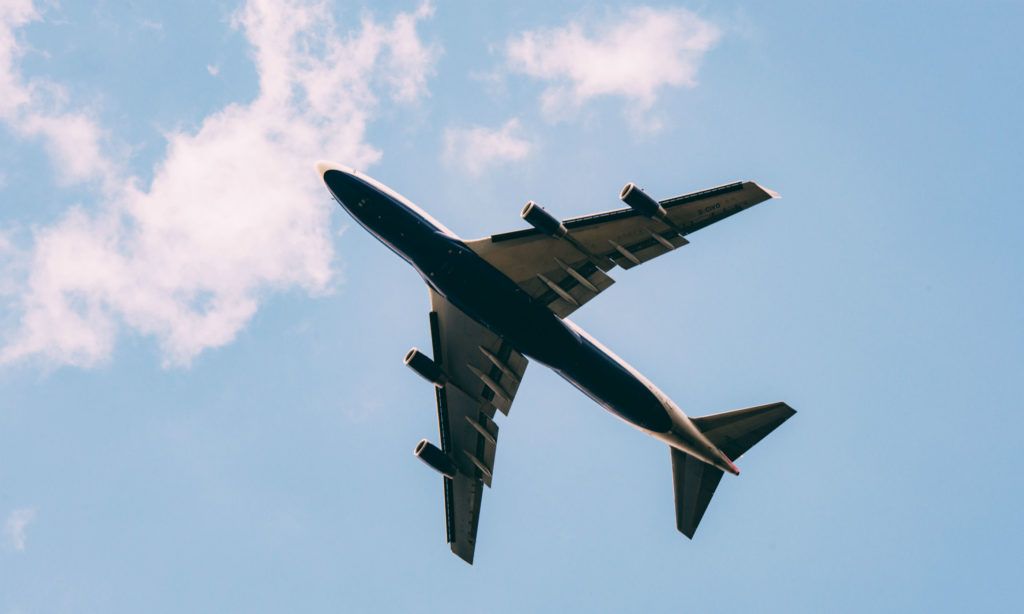
Since 1991, the world's oceans have absorbed an amount of heat energy each year that is 150 times the energy humans produce as electricity annually, according to a new study.

Satellite images released this week reveal that the entirety of East Island was basically wiped out by powerful storm surges in the wake of Hurricane Walaka, one of the most intense Pacific hurricanes on record.

In natural systems such as grasslands and forests, the availability of nitrogen to plants is declining. With nitrogen deficiency, plants are unable to absorb the same quantity of carbon dioxide as they did previously.

The international study says that rising temperatures, longer droughts, and extreme weather events could hurt barley enough to see significant reductions in crop yields and increases in prices.

Climate change is massively affecting the tiny creatures in Luquillo rainforest on the island of Puerto Rico in the Caribbean region. 98 per cent fewer insects are found there since the 1970s.

In the wake of the latest tsunami to hit the Indonesian coast, research shows how even slight sea-level rises linked to climate change could significantly increase the devastating effects of tidal waves.

European Union countries have agreed to pursue a 35 percent cut in car emissions by 2030, as part of global efforts to reduce carbon dioxide emissions and limit global warming.

The new report, released late Sunday night by the U.N. Intergovernmental Panel on Climate Change indicates that nations need to collectively bring carbon emissions down to zero within the next 30 years.

Even the UK and China—economies which are leading the way in terms of reducing carbon intensity—are not doing enough to meet the 2 degree target, the newest report says.

UK and US economists have created a model to assist policymakers in better understanding willingness issues related to climate change mitigation efforts.

A new research suggests a 2ºC (3.6ºF) rise in global temperatures could melt more than a million square kilometers (386,000 square miles) of ice if the temperatures are sustained long enough.

Scientists that studied the Western Canada’s permafrost, which is more ice-and sediment-rich than others, discovered that this permafrost meltwater contains sulfuric acid.

The tank of a Boeing 747 holds over 200,000 liters (52,000 gallons) of kerosene when full — about as much fuel as 4,000 small cars.

The analysis concluded that game participants exhibited both a greater sense of urgency as well as hope in combating climate change, alongside a desire to understand more about climate science.

A new climate-modeling study has found that wind and solar plants throughout the Sahara desert could significantly increase precipitation across the region and increase vegetation.